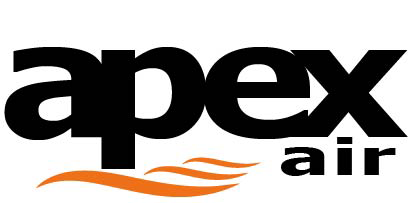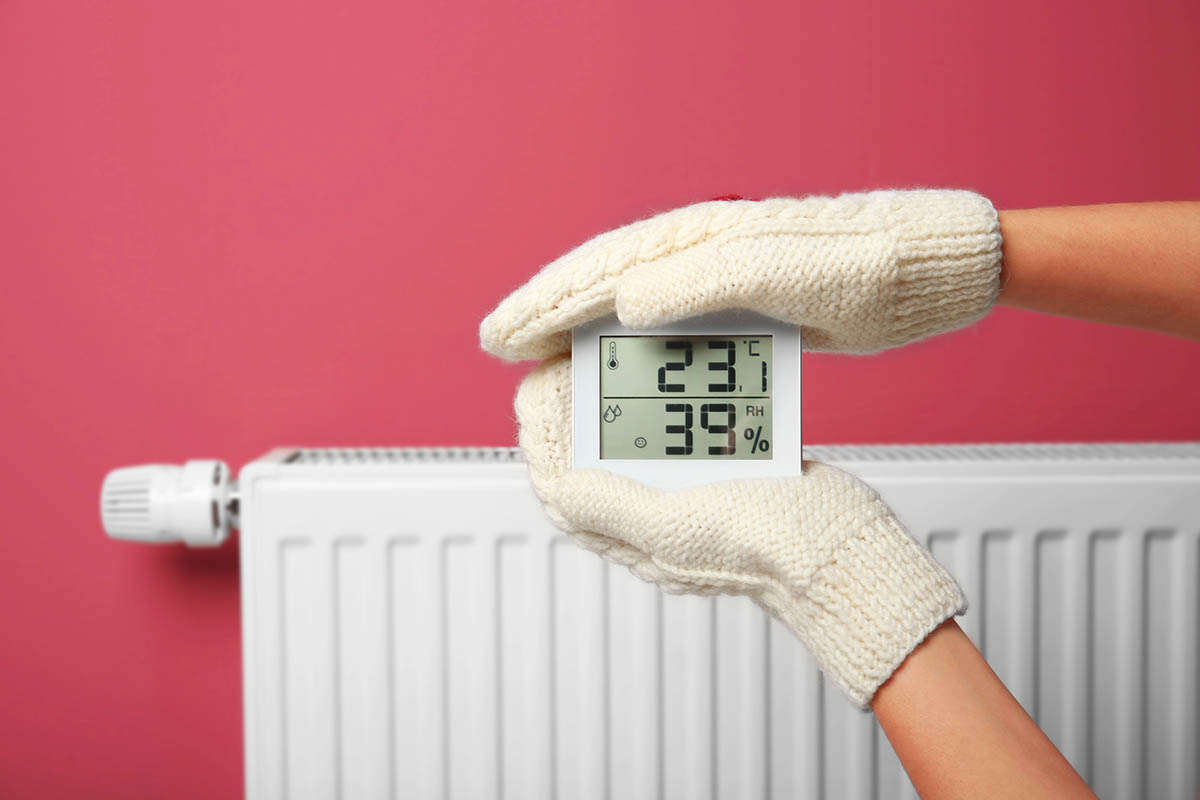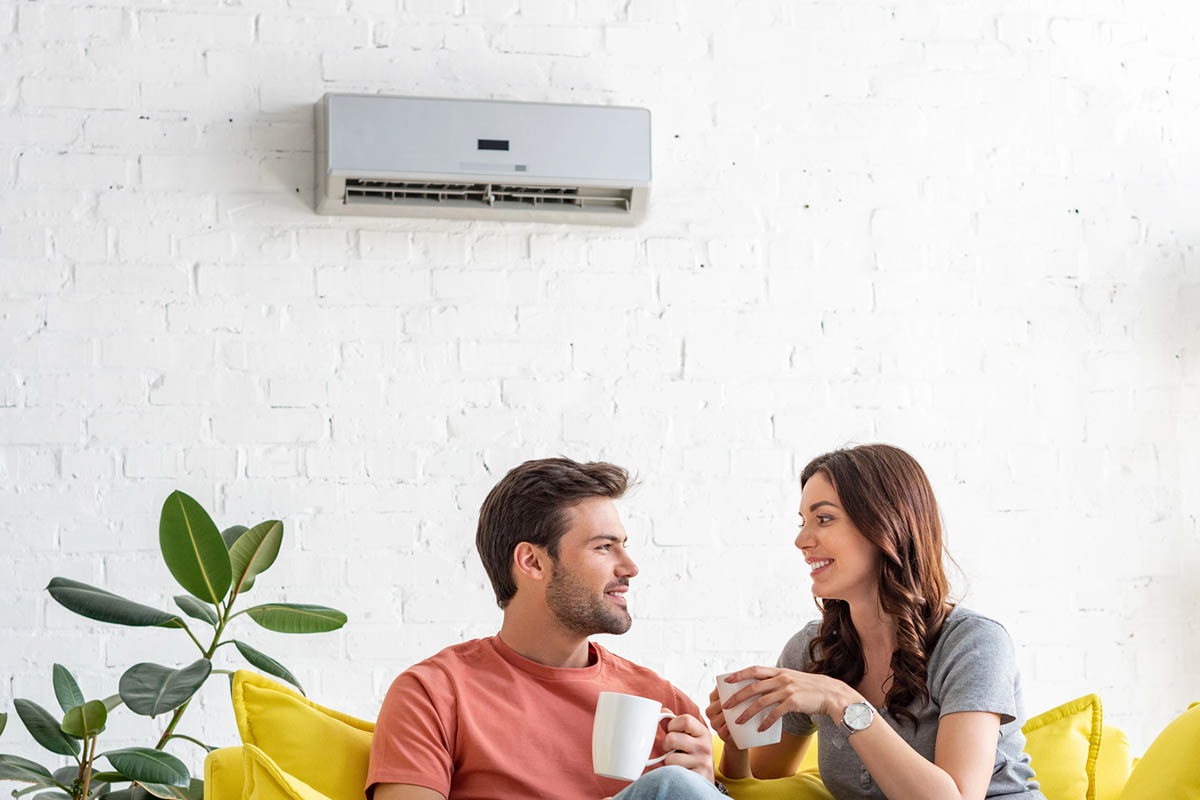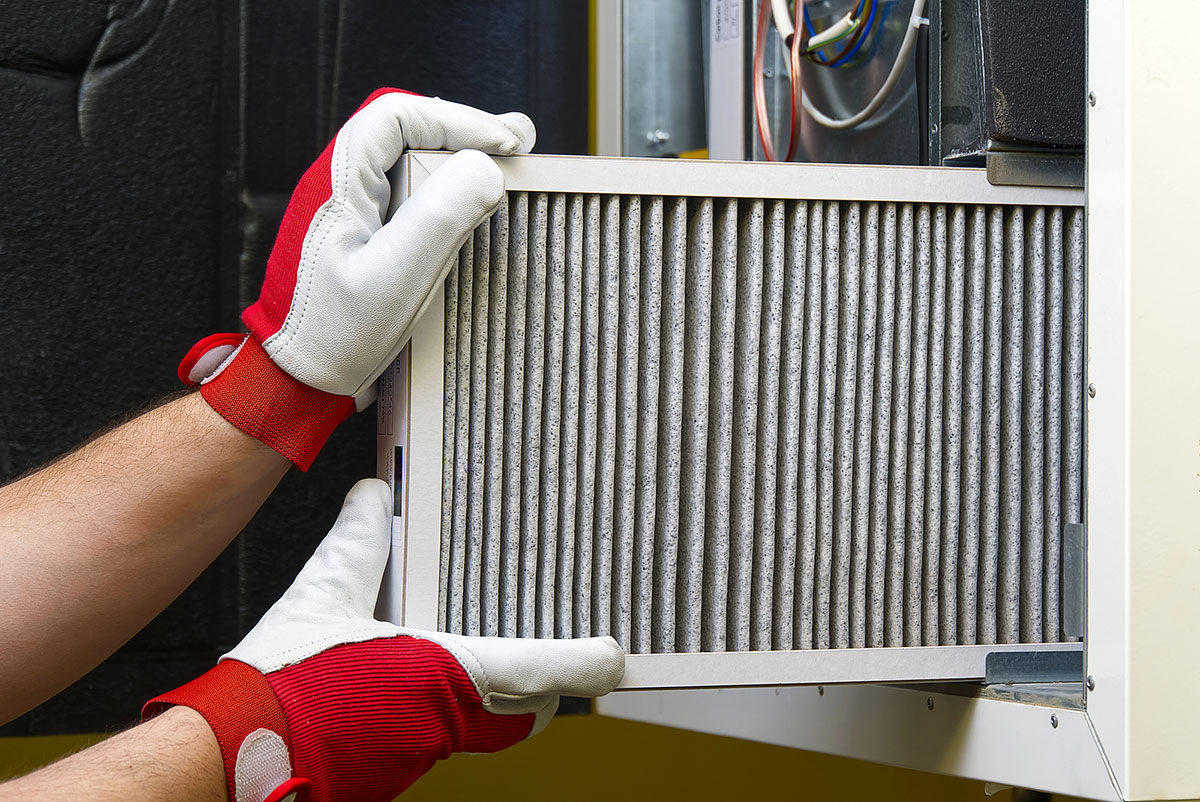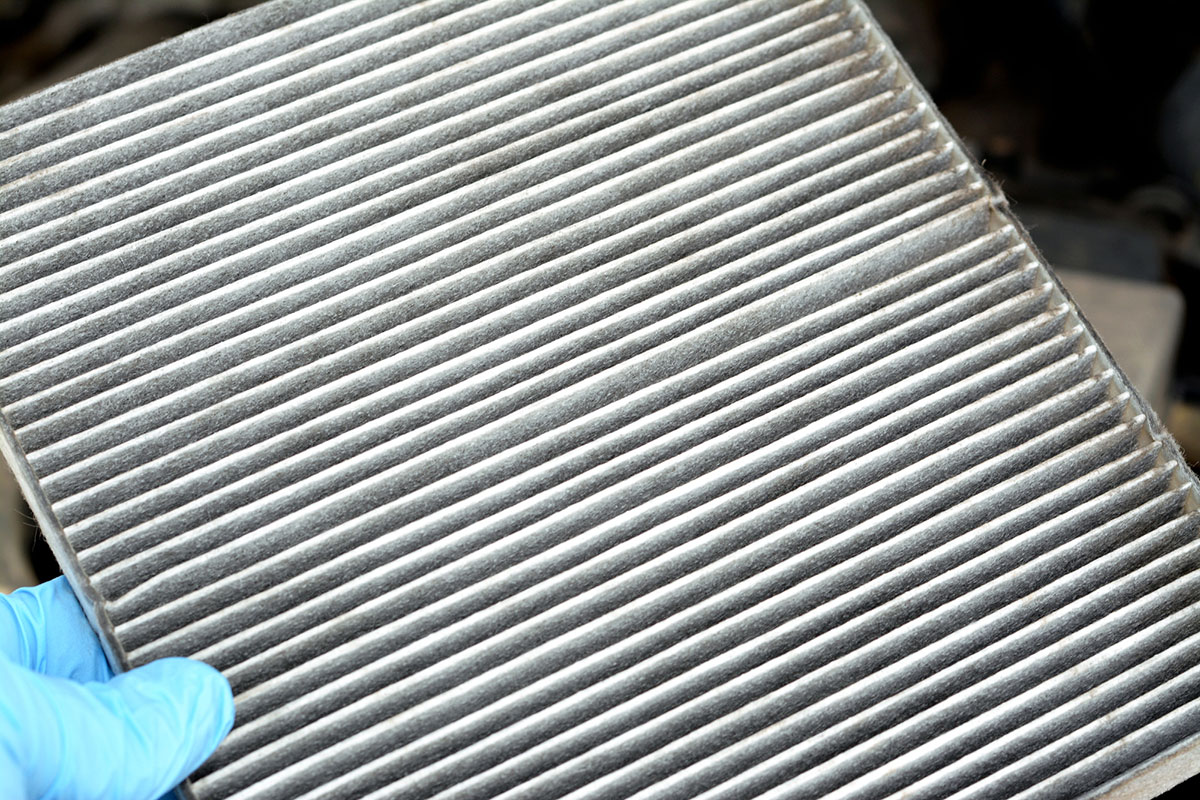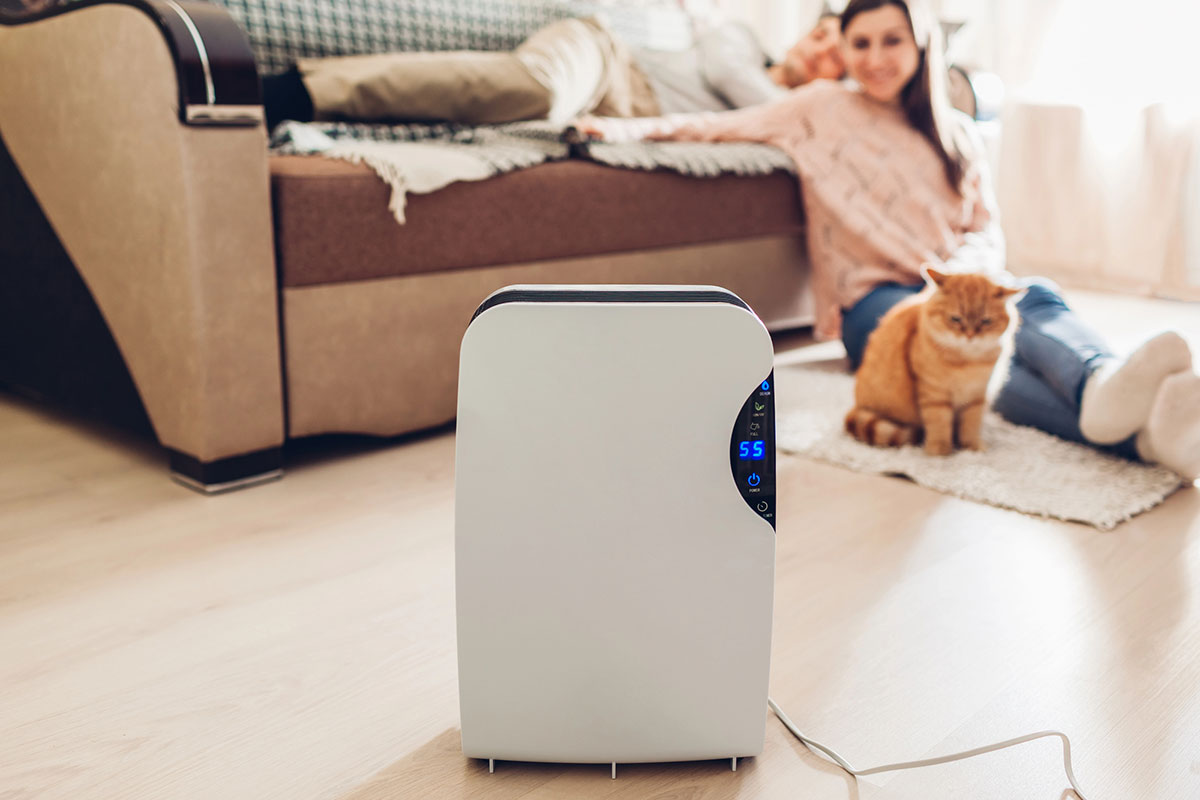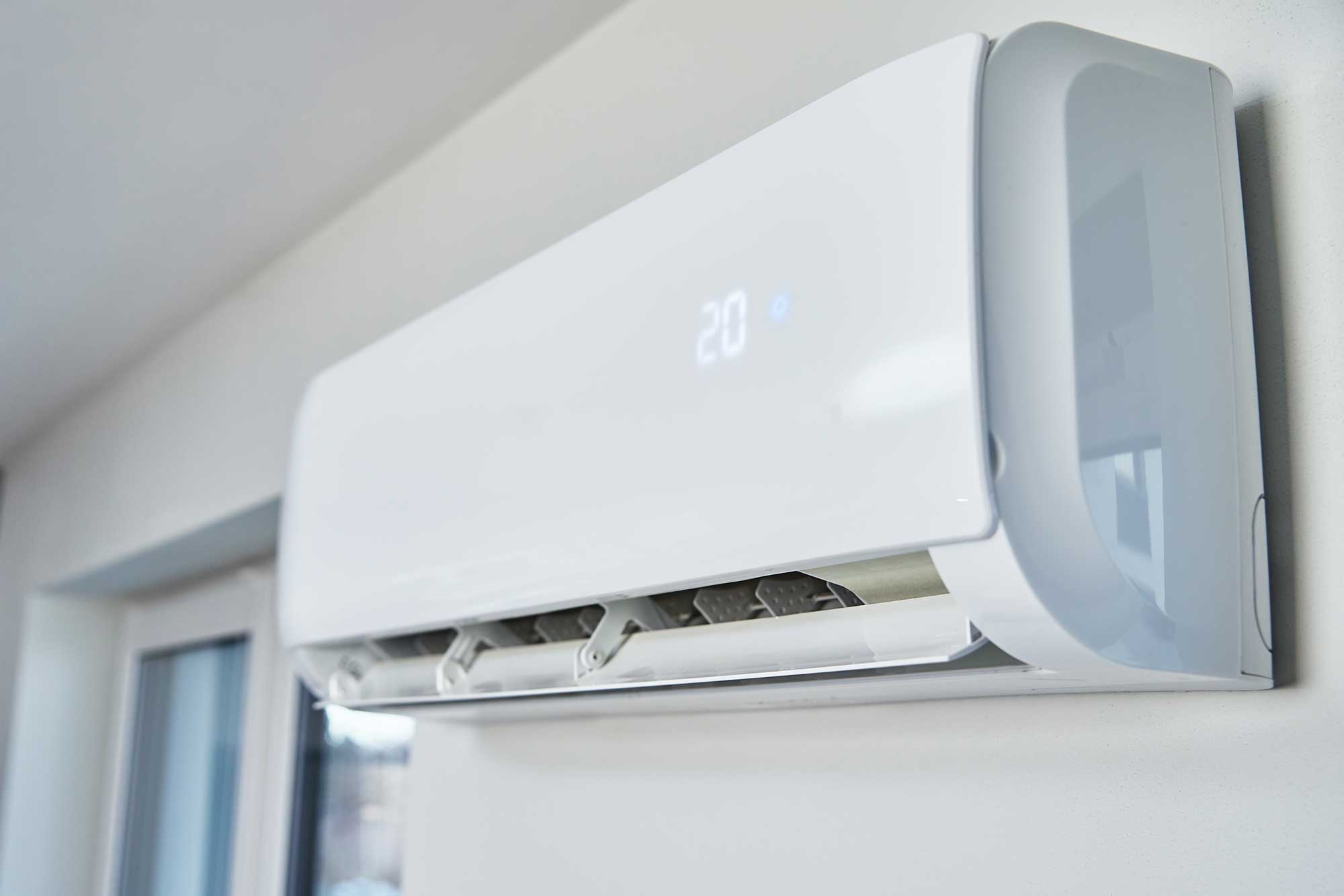At Apex Air, we know your thermostat impacts more than your indoor comfort; it plays a major role in your energy use, monthly budget, and how easily you can manage your heating and cooling system.
What Is a Non-Programmable Thermostat?
A non-programmable thermostat is your basic, no-fuss option. You adjust the temperature manually whenever you want to heat or cool your home. It’s as simple as turning a dial or pressing a button. While it doesn’t offer automation, this option works well for people who are home often and don’t mind making adjustments throughout the day.
Pros:
- Easy to use with minimal buttons or screens
- Lower upfront cost
- Fewer parts to break or troubleshoot
Cons:
- No ability to set schedules
- Requires daily attention
- Less energy-efficient if you forget to adjust the temperature when leaving home or going to bed
What Is a Programmable Thermostat?
Programmable thermostats allow you to set heating and cooling schedules based on your daily routine. For example, you can set your system to turn down while you’re at work and warm up before you get home. These models offer more control and better energy savings over time.
Key features:
- Custom temperature settings by time and day
- “Set it and forget it” convenience
- Many models include touchscreen displays and Wi-Fi connectivity for remote access
Benefits:
- Can reduce energy use by up to 10% or more when used correctly
- Keeps your home comfortable without needing constant adjustments
- Helps extend the life of your HVAC system by reducing overuse
Things To Consider:
- Higher upfront investment
- Some learning curve if you’re not used to tech
- Not every HVAC system is compatible — check before buying
When To Choose One Over the Other
Choosing between a programmable vs. non-programmable thermostat comes down to how you live in your home.
- If you have a consistent schedule, a programmable thermostat can help you save energy without thinking about it.
- If your day-to-day is unpredictable or you prefer hands-on control, a non-programmable option may suit you better.
- Want remote access and smart-home integration? Some programmable thermostats include smart features you can control from your phone.
Common Questions About Thermostats
Can I save money with a programmable thermostat?
Yes, especially if you use it to lower the temperature when you’re away or asleep.
Do programmable thermostats work with any HVAC system?
Not always. Check your system’s compatibility before installation or talk to a professional.
Is it worth switching if my current thermostat still works?
If you’re looking to cut energy costs or improve comfort, upgrading may be a smart move — even if your current model isn’t broken.
Not sure which thermostat is right for your home?
Contact Apex Air today for expert recommendations and professional installation that fits your system and your lifestyle.
